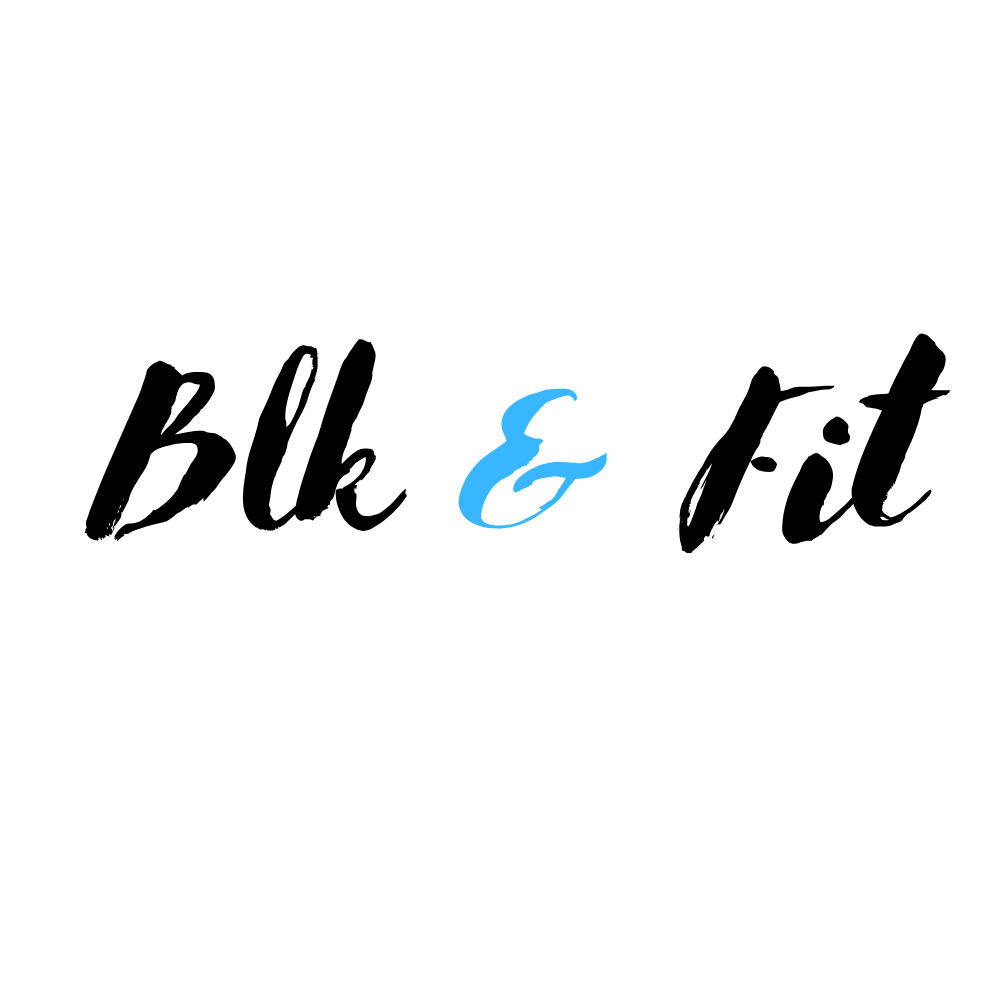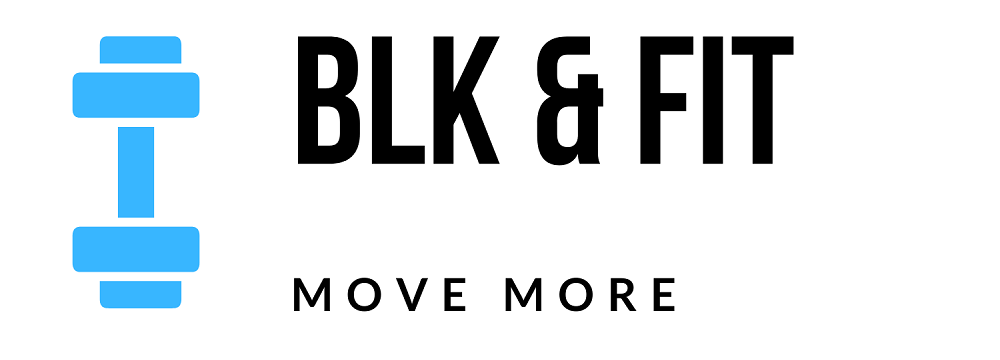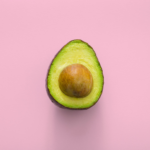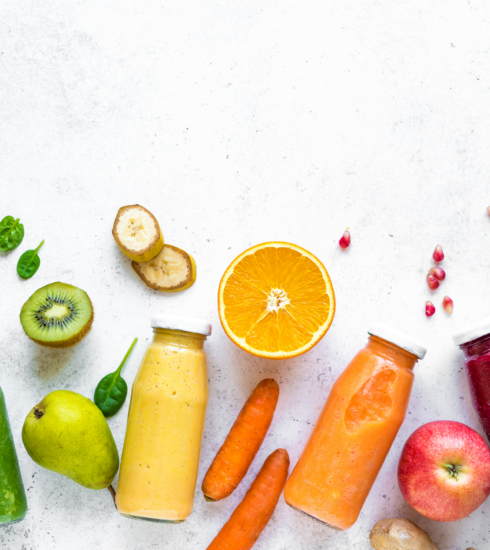Foods to Combat Osteoporosis
As we age, bone health becomes more important. Osteoporosis, a condition characterized by weakened bones and an increased risk of fractures, affects millions of people worldwide, particularly older adults and postmenopausal women. While genetics and age play a significant role in bone health, diet can also make a profound impact on maintaining strong bones and slowing the progression of osteoporosis. Incorporating certain nutrient-rich foods into your daily meals can help support bone density and overall health.
Although African Americans are at lower risk of developing osteoporosis, they are still at risk. Here are some of the best foods to include in your diet to help combat osteoporosis:
Signs of osteoporosis
- Back pain caused by fractured or collapsed vertebra
- Loss of height
- Bad posture
- Easily broken bone
Aside from exercise, there are foods that can help keep the bones strong.
- Low-fat dairy products: Dairy products like milk, cheese, and yogurt are rich in calcium, one of the most critical nutrients for bone health. Calcium helps maintain bone density and strength. Opt for low-fat or non-fat varieties if you’re watching your calorie intake, and consider fortified options to boost vitamin D levels.
- Dark green leafy vegetables: Dark, leafy greens such as kale, spinach, collard greens, and bok choy are excellent plant-based sources of calcium. They also contain magnesium and vitamin K, which are essential for bone mineralization and reducing the risk of fractures.
- Fish: Fatty fish like salmon, mackerel, sardines, and tuna are packed with vitamin D, which aids in calcium absorption. These fish also provide omega-3 fatty acids, which may have anti-inflammatory properties that support overall bone health.
- Calcium-fortified foods: Many foods, including orange juice, cereals, plant-based milk (such as almond, soy, or oat milk), and tofu, are fortified with calcium and vitamin D. These options are particularly beneficial for individuals who are lactose intolerant or prefer non-dairy alternatives.
- Eggs: Egg yolks are a natural source of vitamin D. While they don’t provide a large amount, including eggs in your diet can contribute to your overall vitamin D intake.
- Beans and Legumes: Beans, lentils, and chickpeas are excellent sources of magnesium, potassium, and calcium. These nutrients work together to preserve bone density. Black beans and white beans, in particular, are rich in calcium and magnesium.










